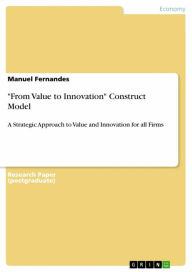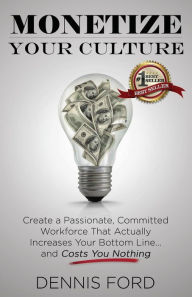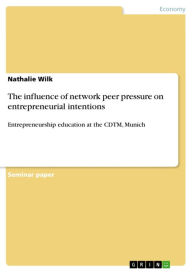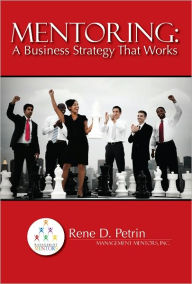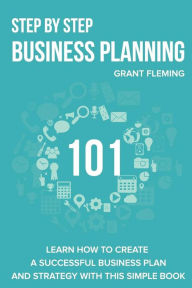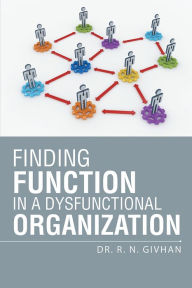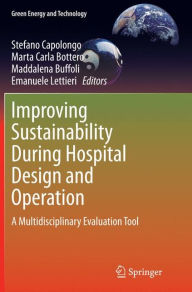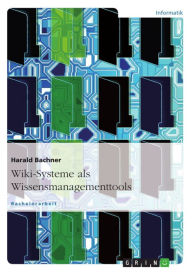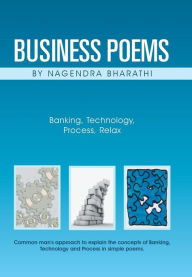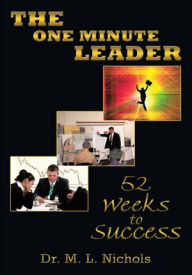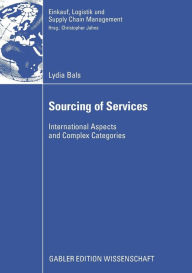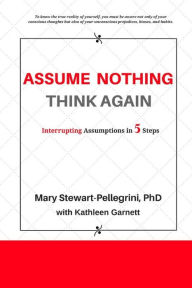'From Value to Innovation' Construct Model: A Strategic Approach to Value and Innovation for all Firms
by Manuel Fernandes
2020-05-07 08:28:44
'From Value to Innovation' Construct Model: A Strategic Approach to Value and Innovation for all Firms
by Manuel Fernandes
2020-05-07 08:28:44
Research Paper (postgraduate) from the year 2011 in the subject Economics - Innovation economics, grade: none, , course: Economy - Theory of Competition, Competition Policy, language: English, abstract: Current existing business simulation and diagno...
Read more
Research Paper (postgraduate) from the year 2011 in the subject Economics - Innovation economics, grade: none, , course: Economy - Theory of Competition, Competition Policy, language: English, abstract: Current existing business simulation and diagnosis models only consider a reduced number of factors or variables, most only two variables represented by 2x2 matrices, not linking multiple existing factors and variables related to the business environment in order to deliver a final and single output, which could be used as the core indication for the decision-making process. That has led to an important question: How can information represented in multiple 2x2 matrices be reduced to a single representation? Or, in other words, can we interconnect two or more 2x2 matrices and create a new matrix that represents all variables in place? Initially, the practical research work, which served as the base for this paper, focused on existing quantitative models of two and more variables and on theirs final delivered output. As none of those models proved to be capable of producing a final single output when considering more than two variables, the practical research derived to the tentative of finding a mathematical model that could integrate multi-variables and produce a single final output. The proposed models in this paper will provide decision makers with single pieces of information, which have unique and unmistakable meanings, eliminating confusion and potential error at the moment of decision-making. The concept has been used in a software application dealing with multiple variables represented in different 2x2 matrices (3 or 5) and reducing all those variables to a single positioning in a final 2x2 matrix. Therefore, the proposed models provide a new view and understanding of the decision-making process, reducing multiple variables to single pieces of information, facilitating and easing the decision-making process. The DynamicMAP software will provide practitioners and scholars with a pragmatic tool to determine product value and its relation to strategy. It will help also those in determining the innovation's value creation path. Connecting this information with strategic thinking and planning will reduce risk and help avoiding failure.
Less


